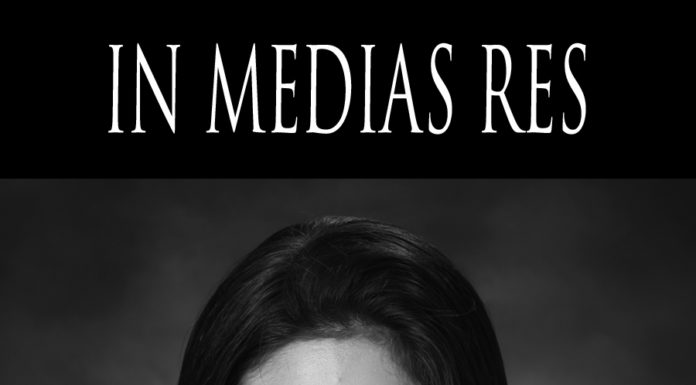 POPE Benedict XVI has called on Catholics to rediscover the Holy Bible, at the same time laying out guidelines for the proper interpretation of the Sacred Scriptures in his latest apostolic exhortation.
POPE Benedict XVI has called on Catholics to rediscover the Holy Bible, at the same time laying out guidelines for the proper interpretation of the Sacred Scriptures in his latest apostolic exhortation.
The pope’s post-synodal document titled, Verbum Domini, reflects the outcomes of the 12th Ordinary General Assembly of the Synod of Bishops on the “Word of God in the Life and Mission of the Church” held in October 2008.
The document focuses on Catholic practices and beliefs such as the liturgy, the need for biblical preaching, biblical studies, and the interpretation of the Scripture, among others.
One of the goals of the synod was to review the directives on the Scripture laid down by the Second Vatican Council and the Dogmatic Constitution Dei Verbum or “The Word of the Lord.”
In his exhortation, the Holy Father stressed that interpretation should not only be limited to purely historical critical methods or spiritual issues, and should integrate faith and scientific knowledge.
Although the Bible helps answer the problems people encounter every day, there is a danger in erroneous interpretation that does not take into account all the contents of the Holy Scripture, he said.
Interpretation of the Bible
Verbum Domini, composed of three parts, discusses how the Bible should be read within the context of the Catholic Church.
The document also deals with how the Sacred Scripture should lead people to God and how they should contribute to the Church’s ministry.
In the first part of the document, titled Verbum Dei, the Pope outlined the significance of Christ’s incarnation and briefly discussed the human response to God’s word, focusing on the relationship between the Eucharist and tradition.
In the second part, Verbum in Ecclesia, the Holy Father emphasized the importance of the seven sacraments and how they keep Jesus present in mankind despite a more “secularized” world.
The last part of the exhortation, titled Verbum Mundo, deals with the “duty of Christians to announce the Word of God in the world in which they live and work” and the mission of evangelization in rediscovering the Word of God.
The Pope also addressed the rise of technology and the Internet, saying that they should be used as instruments to introduce the Bible in schools and institutions.
“In the world of the Internet, which enables billions of images to appear on millions of screens throughout the world, the face of Christ needs to be seen and his voice heard, for ‘if there is no room for Christ, there is no room for man.’”
Bond with non-Christians
The Pope also noted the importance on forging a bond with non-Christians by keeping a healthy communication with them.
He pointed to the relationship between Christians and Jews, and the esteem the Catholic Church has toward Moslems.
The 194-page exhortation concluded by deploring the persecution of Christians for reading or spreading the Bible, especially in Asia and Africa. It called on all countries to ensure the right of all people to express their faith.
The last major document on Sacred Scriptures was Dei Verbum, the Dogmatic Constitution promulgated by the late Pope Paul VI in conjunction with the Second Vatican Council in 1965. Brylle B. Tabora















